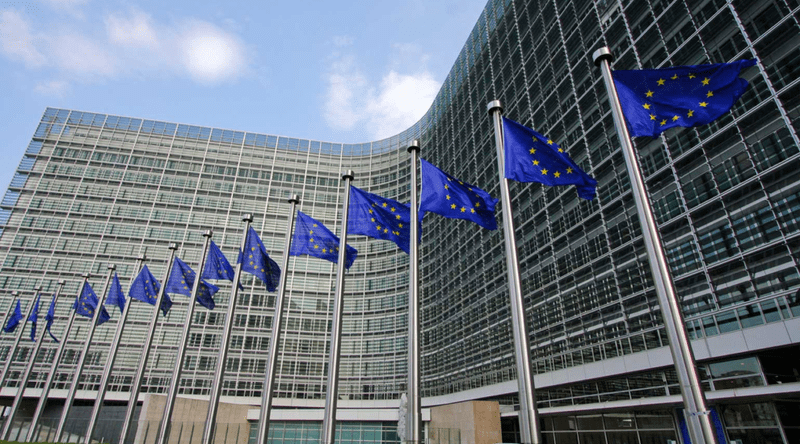European Union lawmakers voted on Thursday in prefer of a de-facto surveillance regime for Bitcoin and cryptocurrency transactions as the location seeks to discover figuring out files on transfers between non-public, self-custody wallets.
The EU Committees on Economic and Monetary Affairs (ECON) and on Civil Liberties, Justice and Dwelling Affairs (LIBE) voted to spice up anti-cash laundering necessities that for the time being apply to fiat funds over EUR 1,000 ($1,115) to the cryptocurrency sector. Nonetheless, the suggestions scrap the floor for funds in bitcoin and cryptocurrency, so events of transactions of any measurement would enjoy to be known.
The foundations also crack down on wallets whose non-public keys are held by the funds’ proprietor, in total most steadily known as self-hosted or self-custody wallets, and require cryptocurrency firms to shield up tune of those transacting cryptocurrency beyond their potentialities. The pass would possibly presumably also enjoy some tangible, worrisome consequences.
Brian Armstrong, the co-founder and CEO of Coinbase, shared his concerns on Twitter about the new suggestions before the vote, calling it an “anti-innovation, anti-privateness, and anti-legislation enforcement” proposal.
“Every crypto transaction (and now now not actual those with a 1,000 euro threshold, as is the case with fiat) would be ‘commute rule eligible,’” Armstrong tweeted the day gone by. “This means before you too can ship or receive crypto from a self-hosted pockets, Coinbase will be required to discover, retailer, and compare files on the different birthday party, which is a now now not our buyer, before the switch is allowed.”
Bitfinex CTO Paolo Ardoino right now time echoed Armstrong’s comments, reiterating that the legislation entails heavy safety risks and privateness violations.
“Requiring crypto provider providers to discover and compare non-public files linked to self hosted wallets transfers raises significant files and privateness concerns, and represents a giant step aid for human rights,” Ardoino tweeted. “Hope the ECON Committee will draft a textual jabber that would incentivise innovation, transparency as well to shoppers safety within the EU.”
EU ambassadors in December agreed on a mandate to negotiate with the European Parliament on a proposal to spice up the scope of suggestions on files accompanying switch of funds of certain cryptocurrencies. Requirements for cryptocurrency transfers between provider providers and self-hosted wallets were presented.
“This day’s settlement is a well-known step against closing the gaps in our monetary methods that are malevolently extinct by criminals to launder unlawful beneficial properties or finance terrorist activities,” Andrej Šircelj, Slovenian Minister for Finance, said in an announcement at the time. “Crypto-sources are extra and extra at possibility of being exploited for cash laundering and criminal functions, and I’m gay the Council would possibly presumably also create swift progress on this pressing proposal.”
Opposite to in model perception, on the different hand, Bitcoin is now now not criminals’ only map for the job. Blockchain prognosis company Chainalysis co-founder Jony Levin outlined to Sen. Elizabeth Warren earlier this month that Bitcoin’s transparency makes it laborious for horrible actors to masks their activity and lets in firms delight in his to work with legislation enforcement to hint funds with unlawful origins.
Moreover, the usage of BTC in criminal activity will doubtless be now now not elevated. The phenomenon has been accounting for an ever-smaller fragment of total cryptocurrency activity, now now not too prolonged within the past reaching 0.15% of total transaction quantity, in accordance to a Chainalysis assert.
The proposal voted on right now time by the committees still needs the approval of the parliament and the EU Council to lunge into legislation, per a CoinDesk assert.


